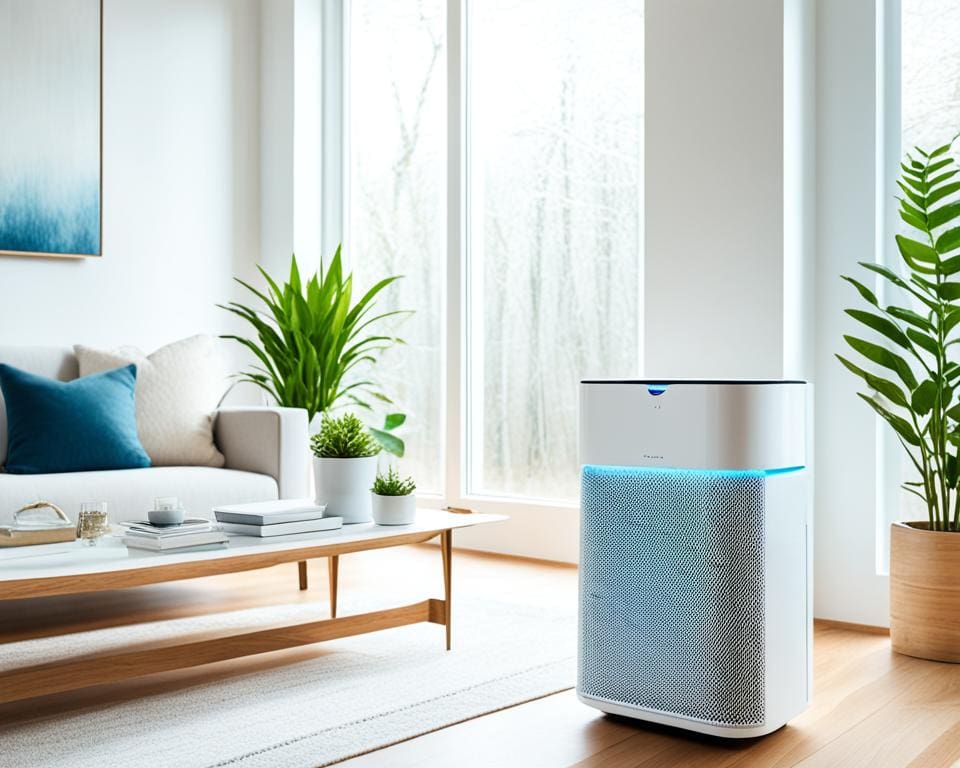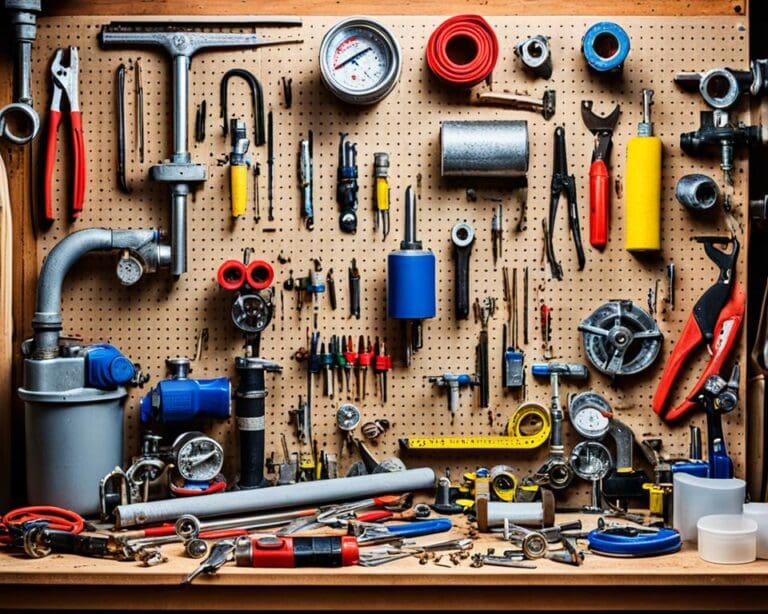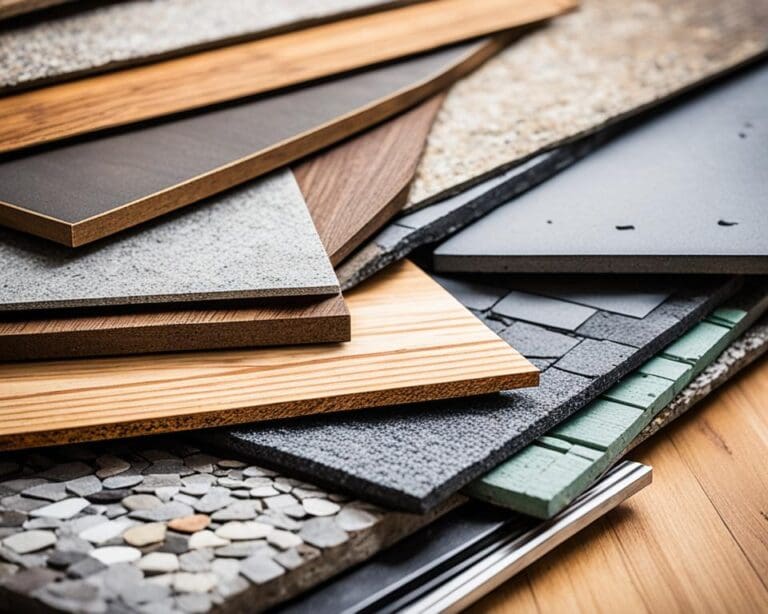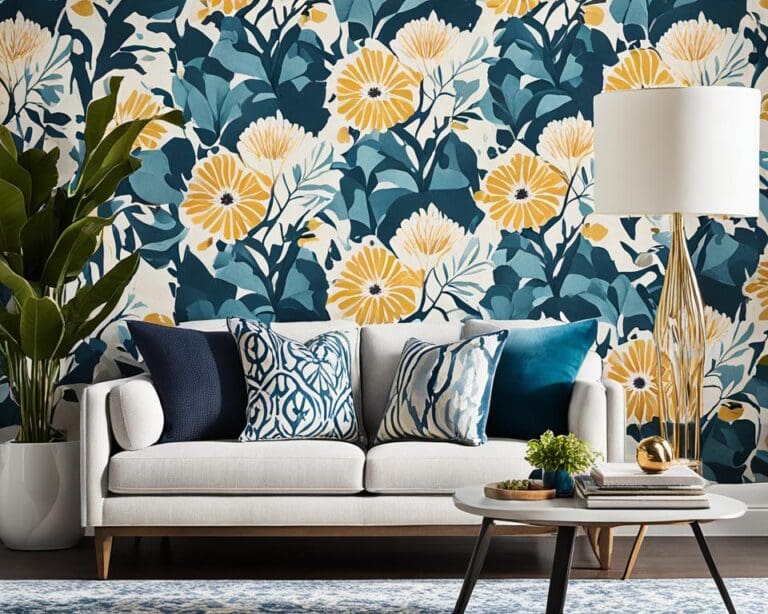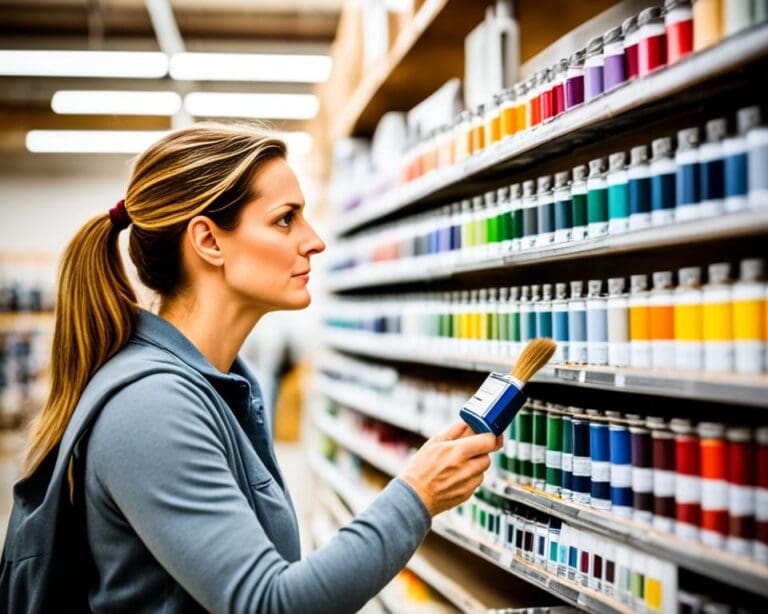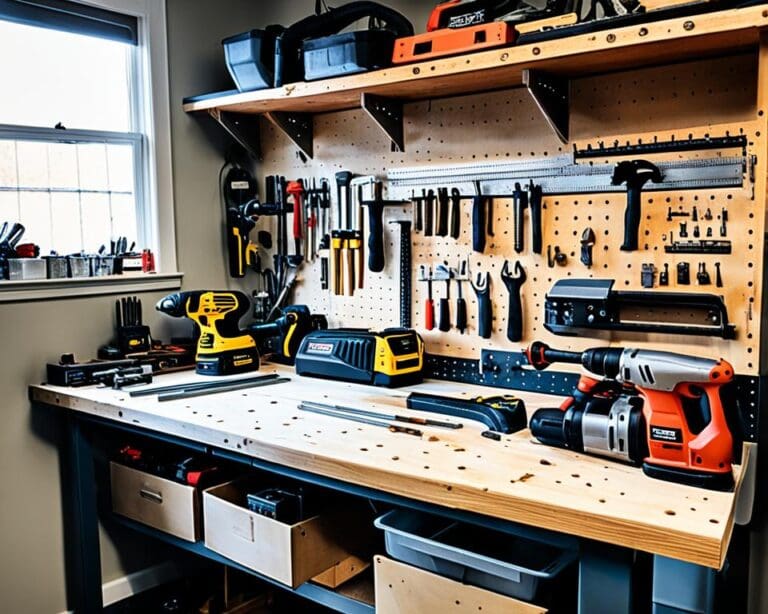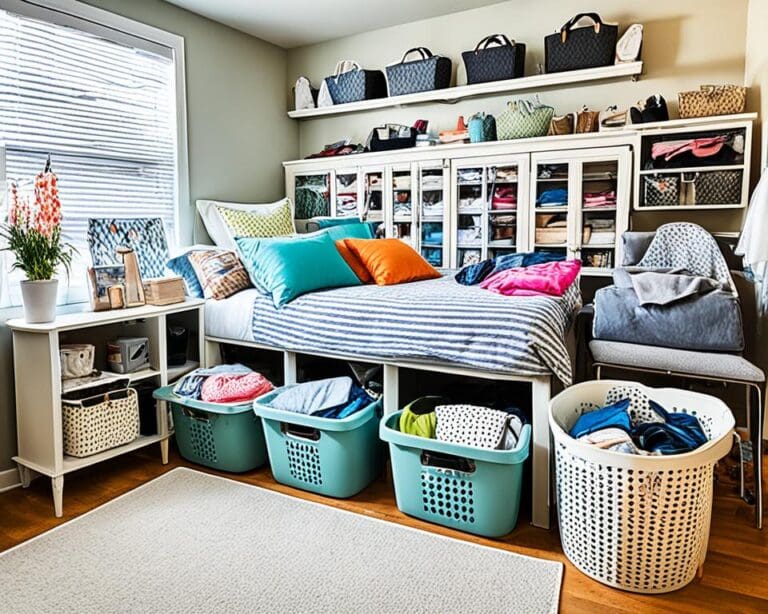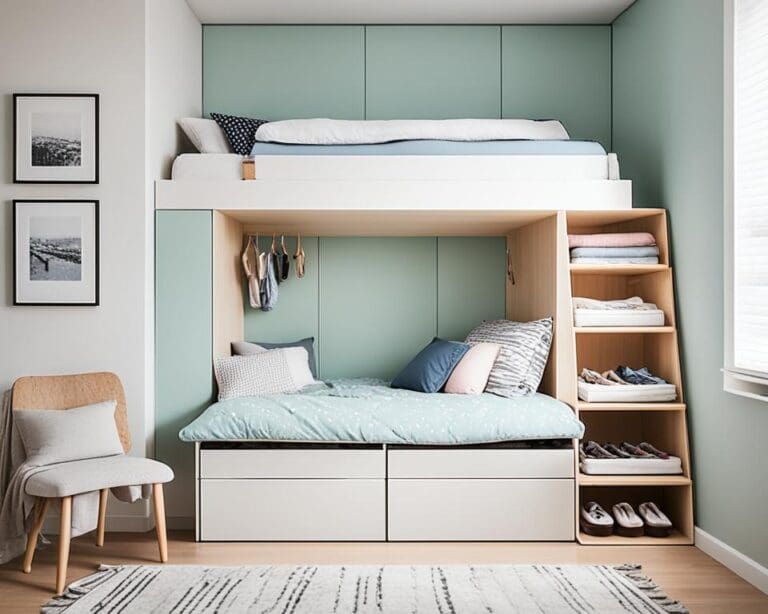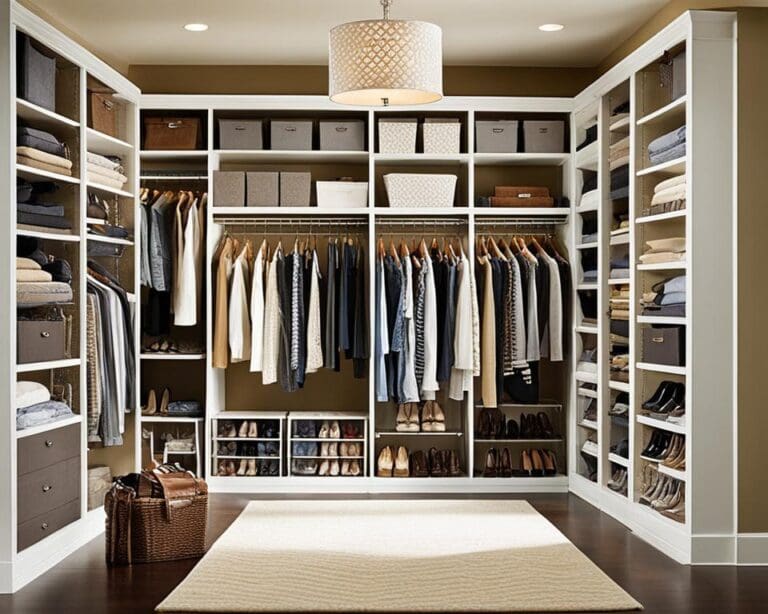Keeping indoor air clean is more important today than ever before. Air purifiers help make our living spaces cleaner. They protect us from dust, allergens, and germs in the air. The National Institutes of Health says that environmental factors cause about 60% of health problems. This shows that having clean air technology is very important. Getting an air purifier is necessary to keep our homes healthy.
Modern air purifiers, especially those with HEPA filters, can remove nearly 99% of small particles. Disinfecting filters work even better, being about 40 times more efficient than HEPA filters. These improvements not only make the air cleaner but also help keep us safe. This is especially true for kids and older people who are more at risk.
To really clean the air inside, aim for three to four air changes every hour. There are many air purifiers out there, from brands like Coway and IQAir, all at different prices, from $200 to $900. Knowing how these devices work helps us choose the right one for our homes. Next, we’ll explore indoor air quality and the technologies that can help improve it.
Understanding Indoor Air Quality and Its Importance
Indoor air quality (IAQ) is crucial for our health and happiness. The air inside can have more pollutants than outside air. These can build up and harm our health. Knowing about the risks of bad indoor air helps us make our homes safer.
Health Risks Associated with Poor Indoor Air
Bad indoor air quality can lead to many health problems. For instance:
- Respiratory conditions like asthma and COPD
- More allergies from dust, mold, and allergens
- Long-term illnesses from pollutants like VOCs
Sensitive groups like kids and seniors can suffer most from bad air. We must tackle these health risks to protect them.
The Role of Air Quality in Overall Health
Good indoor air is key for breathing well and feeling good overall. Studies show that bad air can affect our brains and mood. A good air filter can cut down harmful particles for cleaner air.

Checking your home’s air quality and cleaning often can make a big difference. Good air flow, managing moisture, and HEPA filters in air purifiers help a lot. These steps can make indoor air much better.
Air Purifiers for a Healthier Home Environment
Making your home healthier is more important now than ever. Indoor air can be full of pollutants. There are many air purifiers out there, each using different technology to clean your space. By understanding these types, you can pick the right one for your home.
Types of Air Purifiers
HEPA filters are very popular because they trap over 99% of tiny particles. These include dust and pet dander. Activated carbon filters are great for removing smells and gases. UV filters kill germs like bacteria and viruses.
There are also purifiers that can get rid of super small particles. For example, Winix models use PlasmaWave Technology. This creates charged particles that attack pathogens in the air.
Evaluating Air Purifier Effectiveness
Evaluating an air purifier involves looking at several things. One important aspect is the MERV rating that shows filter effectiveness. You should also consider how much space the purifier can cover. This could range from 857 sq ft to 2,934 sq ft.
It’s good to choose purifiers with replaceable or washable filters. This makes them last longer. Reading reviews and getting expert advice can help you make a smart choice. Look for features like different fan speeds, smart sensors, and warranty periods of 1 to 5 years. These can help you find the best air purifier for your needs.

